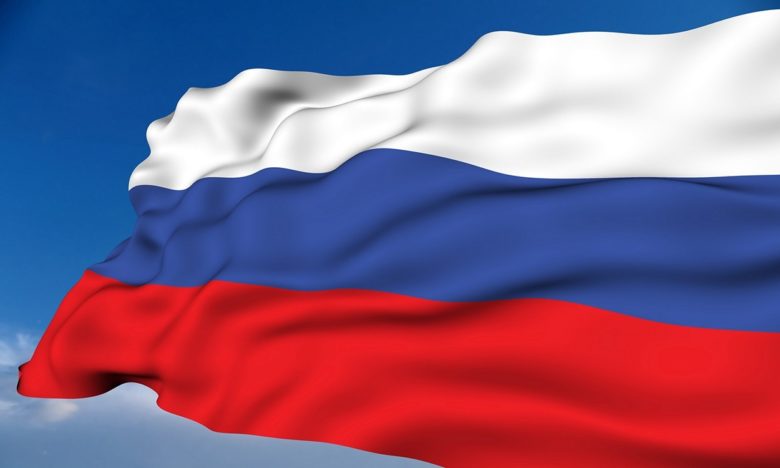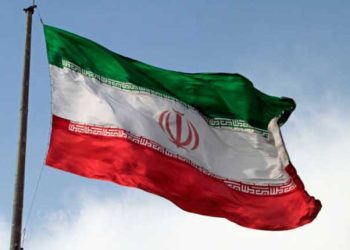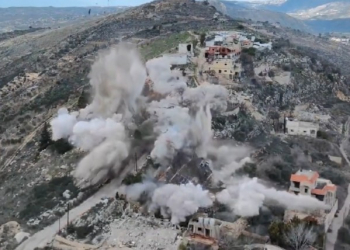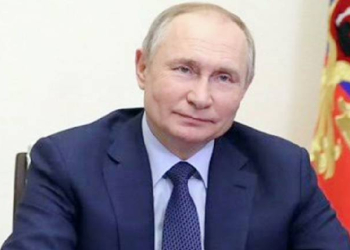New Delhi: As the European leaders on Monday night decided to stop importing 90 per cent of Russian oil by the end of 2022, Moscow has vowed that it will find other importers soon.
On the first day of its “Special Meeting” in Brussels, the European Council agreed on the sixth package of sanctions against Russia which will cover crude oil, as well as petroleum products, delivered from Russia to member states.
However, a “temporary exception” for crude oil delivered by pipeline was granted, allowing countries like Hungary, which receive oil via Druzhba pipeline from Russia, to continue their operations under the old conditions.
The 27 leaders of the bloc, including French President Emmanuel Macron and Hungarian Prime Minister Viktor Orban, were joined by Ukrainian President Volodymyr Zelenskyy via video conference for a discussion at the beginning of the summit.
Charles Michel, President of the European Council, said that the sanctions will immediately impact 75 per cent of Russian oil imports and by the end of the year, 90 per cent of the Russian oil imported in Europe will be banned.
“Agreement to ban export of Russian oil to the EU. This immediately covers more than 2/3 of oil imports from Russia, cutting a huge source of financing for its war machine. Maximum pressure on Russia to end the war,” tweeted Michel.
The Commission also decided that, in case of sudden interruptions of supply, emergency measures will be introduced to ensure security of supply.
Orban, who had batted fiercely against the European Commission’s proposal that sought to ban the use of oil coming from Russia in Hungary, said that “tonight families can sleep well” as Budapest has managed to ward off “the most hair-raising idea” by brokering a deal in Brussels.
“We have enough problems as it is, even without this. Energy prices are sky high, inflation is high, and due to the sanctions Europe is dancing on the brink of a global economic crisis. Under such circumstances, it would have been unbearable for us had we been compelled to operate the Hungarian economy with more expensive oil. That would have amounted to an atomic bomb. But we managed to avoid that,” the Hungarian Prime Minister stressed.
Russia, on the other hand, said that it will find other importers for its oil.
Responding to a tweet by European Commission chief Ursula von der Leyen which welcomed the EUCO agreement on oil sanctions against Russia, Mikhail Ulyanov, the Russian Permanent Representative to International Organisations’ mission in Vienna, indicated that the Kremlin is already ready with a plan to counter the new sanctions.
“As she rightly said yesterday, Russia will find other importers. Noteworthy that now she contradicts her own yesterday’s statement. Very quick change of the mindset indicates that the EU is not in a good shape,” tweeted Ulyanov.
Meanwhile, Russian energy giant Gazprom announced on Tuesday that it has completely stopped gas supplies to the Netherlands after Dutch company GasTerra’s refusal to make payments in rubles under the new scheme.
“The day before, the Dutch energy company announced its refusal to pay for the supply of blue fuel from Russia in rubles, after which Gazprom notified it of the termination of supplies from May 31 – as a result, about two billion cubic meters of gas will not be received under the current contract,” announced Gazprom on Tuesday afternoon.
(IANS)




















